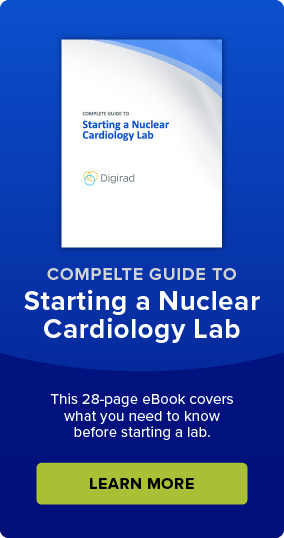When a patient reports symptoms of an irregular cardiac event, physicians can choose to monitor cardiac activity using a Holter monitor, cardiac event monitor, or mobile cardiac telemetry.
Holter monitors are often a physician’s first line of defense when a patient reports symptoms of a cardiac irregularity. They are a non-invasive, wearable device that records the patient’s heart rhythm for a prescribed period of time during which the patient assumes normal, daily activities. Although it may be a low-cost, low-risk option, many physicians report non-diagnostic rates as high as 85%. Most often, this is because symptoms may not reappear in the 24 to 48 hours during which the Holter is monitoring the patient’s heart rhythm.
A cardiac event monitor is another option and is often the next line of defense. Typically worn for 30 days, it is prescribed for patients whose symptoms occur infrequently. When the patient experiences an abnormality, he manually presses a button to record the preceding and following five minutes of the event. There may also be an auto-capture feature where the device records the information even if the patient is unaware of the activity. Advances in the technology now allow for the wireless transmission of the data via the cellular network. These newer devices also have enhanced programming and expanded storage capabilities. Cardiac event monitors store the recorded data, which is ultimately transmitted either to a physician’s office or to a central recording station.
Mobile cardiac telemetry is the newest of the monitoring options. MCT devices are small portable monitors that, when a cardiac anomaly is detected, automatically send data. MCT devices provide even more information such as AFIB burden. The data is transmitted to a 24-hour manned monitoring center via a mobile network, and then interpreted by a qualified, cardiac-trained registered nurse. In contrast to the cardiac event monitor, MCT provides real-time monitoring and analysis.
There are no official guidelines established for deciding which monitoring method is best for your patient; however some insurance companies have specific criteria for the use of Mobile Outpatient Telemetry. MCT devices have proven beneficial in patients with unexplained syncope, Cryptogenic Stroke and post ablation.



